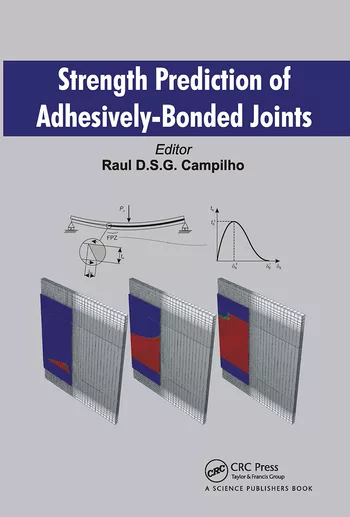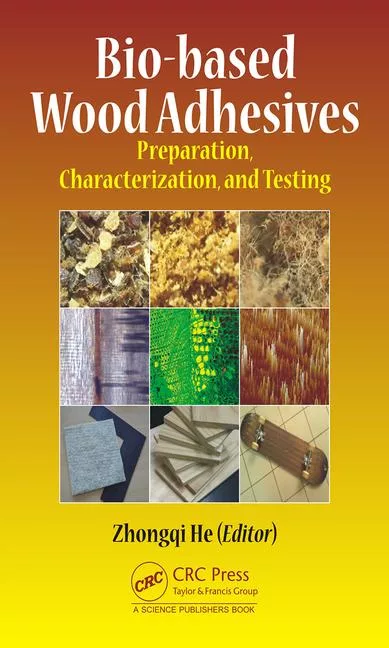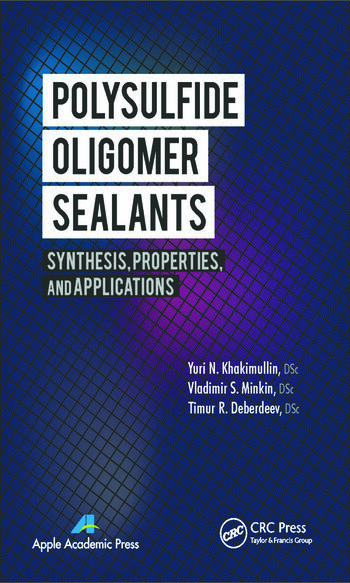Ask Dr. Dave
Ask Dr. Dave: We're concerned about using 100% solids methacrylate-based sealants for sealing metal joints.
Dave Dunn's November 2018 column.
Question: We use some 100% solids methacrylate-based sealants for sealing metal joints. We’re concerned about low adhesive strength, which might cause problems due to stresses generated during temperature cycling. What are our choices?
Answer: You are correct in having concerns. Two issues are involved. First, the shrinkage of the sealant can generate large stresses on curing. Second, the solid acrylic plastic will expand and contract much more with temperature than metals. At high temperatures, this might not be a problem because the cured sealant will expand to fill the joint; at low temperatures, however, shrinkage may cause debonding and create leak paths.
You can reduce these problems by using a more flexible sealant to reduce the shrinkage stresses or by using fillers in your sealant. This is why sealants like silicones are so successful.
Another approach has been to increase the adhesive strength. These types of sealants are often rigid with low adhesive strength, and the shrinkage and expansion/contraction stresses can be quite substantial. I have found that small additions of a silane adhesion promoter (1-2%) can easily double the adhesive strength. If you try this approach, there are several different organosilanes, so please make sure that the adhesion promoter is stable in your particular monomer system for good shelf life and performance of the product.
Dr. Dave is a former vice president and director of Loctite Corp. and has spent many years in troubleshooting adhesive and sealant problems in the adhesives, sealants, specialty rubbers and plastics fields. Questions for publication should be directed to him at 242 Trails End, Aurora OH 44202; phone (440) 477-5164; email DrDave242@windstream.net; or visit www.fldenterprises.com.
Any views or opinions expressed in this column are those of the author and do not represent those of ASI, its staff, Editorial Advisory Board or BNP Media.
Looking for a reprint of this article?
From high-res PDFs to custom plaques, order your copy today!






